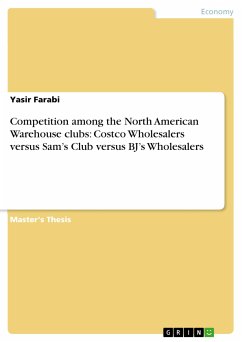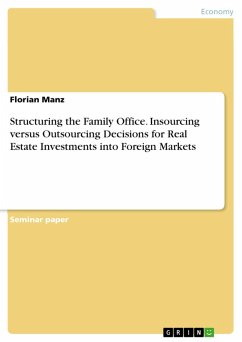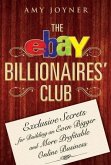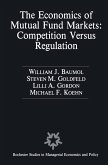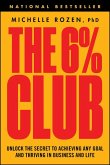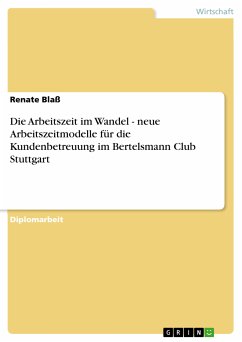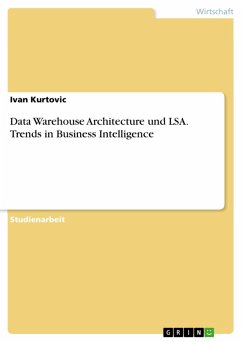Master's Thesis from the year 2012 in the subject Business economics - Business Management, Corporate Governance, University of New England, course: Strategic Management, language: English, abstract: The purpose of the report is to provide a detailed analysis of Costco industry external environment, critically analyse the company and provide a detailed analysis of resource and competitive position, identify the generic strategy Costco is using to achieve a source of competitive advantage and finally, develop a new five-year strategy for Costco. Costco Wholesale Corporation operates a chain of membership warehouses and with 592 warehouses across the globe; it is the largest and most profitable chain of its kind. Costco is partially vertically integrated with backward integration with Kirkland Signature Brand. External environment analysis using Porter’s five forces model identifies that the industry faces low threats of new entrants, supplier and buyer bargaining power with moderate rivalry among competitors along with high threat of substitutes. Industry faces new challenges because of shifting demographics, household downsizing, more educated consumers and new channel formats. A comparative analysis of rival’s market position shows that among its competitors, Costco possesses considerable market share. The generic competitive strategy adopted by Costco is that of the best-cost provider with low pricing, limited product selection and “treasure-hunt” merchandising being the three key elements of the company’s business strategy. Low prices, very low employee’s turnover, low overhead cost, loyal and affluent customer base, high inventory turnover, superb return policy, strong brand and scale of operations are found to be some of the key strengths of Costco. Some of the weaknesses identified as: less attractive store décor, inconsistent profit margins, unattractive location, not having self-checkout, primary focus on business customers, slow growth of its private label, and limited choice for customers. Online sales, increasing house remodelling expenditure and increased demand for technological products are some of the potential areas that Costco can tap. Threats are stemming mainly from slow economy due to financial crisis. To develop sustainable competitive advantage Costco can cut cost through operating excellence, innovation, speed, adopt triple bottom line accounting and has to successfully manage complexity arising from environment and its own operation. It can be hoped that Costco will continue its success as long as it keeps following its well thought out ideas and strategies.
Bitte wählen Sie Ihr Anliegen aus.
Rechnungen
Retourenschein anfordern
Bestellstatus
Storno

